What's new with AWS for 2024
By Alex Hawkes|29 January, 2024
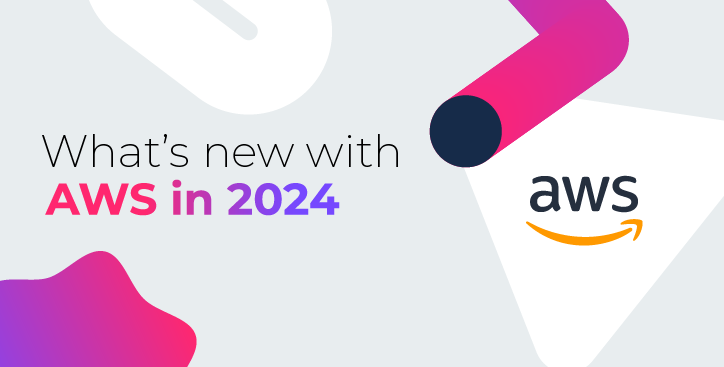
Although IT spend, including on cloud services, cooled somewhat in 2023, the second half of the year showed signs of stability, even resilience, buoyed in part by the growing interest in generative AI.
For cloud market leader AWS, with 31% global share, the company’s efforts to cut costs and enhance efficiency resulted in substantial profit improvements. Like its peers, AWS also sees great potential in AI and came out with a slew of capabilities towards the end of the year.
Overall, global spending on cloud infrastructure services increased 16% year-on-year to $73.5bn in Q3 2023, according to Canalys, which confirmed that the impact of enterprise IT spending cuts on the cloud services market is slowly easing.
Commenting on the potential for AI to drive increased spend, Alex Smith, VP at Canalys, said, “Generative AI unlocks a wealth of opportunities for channel partners to venture into new areas of business growth.”
Industry bets big on Gen AI
“Generative AI is the next step in artificial intelligence,” said AWS CEO Adam Selipsky during his keynote speech at the flagship AWS event, re:Invent 2023, at the end of November. “And it’s going to reinvent every application that we interact with at work and at home.”
AWS Launches Amazon Q
The spearhead of Amazon’s AI play, and one of the largest announcements at AWS re:Invent, is Amazon Q, a generative AI-powered assistant designed for business.
The trainable model can be connected to an organisation’s internal information repositories, including code repos, data stores, and enterprise information systems. Users can then interrogate Amazon Q using simple natural language prompts, and can have conversations, solve problems, generate content, and gain insight.
In line with one of the greatest concerns around the adoption of AI, AWS claims to have baked security and privacy into the tech from the get-go.
“Other providers have launched tools without data privacy and security capabilities, which virtually every enterprise requires. Many CIOs actually ban the use of a lot of the most popular AI chat systems inside their organisation,” said the AWS CEO.
“Just ask any Chief Information Security Officer. You can’t bolt on security after the fact and expect it to work as well.
“It’s much better to build security into the fundamental design of the technology. So when we set out to build generative AI applications, we knew we had to address these gaps,” he added.
One of the key security features of Amazon Q is access controls that restrict responses to data queries based on the employee’s level of access. In terms of information verification, Amazon Q provides citations and references to the original sources for fact-checking and traceability. This has been another major gripe, with AIs found to be ‘hallucinating’ and making reference to sources, such as legal precedents or code repositories, that never existed.
In fact, some threat actors have jumped on this phenomenon and created versions of the hallucinated assets after the fact to try and trick unwitting users into downloading codebases or making use of fake information.
Amazon Q is currently available for Amazon Connect - the company’s customer service and customer contact centre - and will soon be integrated into other AWS services. There are also more than 40 connectors to plug Amazon Q into popular data sources and enterprise systems, including Amazon S3, Google Drive, Microsoft SharePoint, Salesforce, ServiceNow and Slack.
Amazon Bedrock fine-tuned
In other AI-related news, Amazon Bedrock, the foundational model that Amazon Q and the rest of the company’s AI innovations are built on, received several new features.
The key development, which is related to the new capabilities of Amazon Q, is a fine-tuning innovation that allows businesses to introduce their own data and securely customise foundation models (FMs) in Bedrock to build applications that are specific to its domain, organisation and use case. Essentially, this is key to building private AIs that know about your business without letting any secrets into the public domain.
One of the big fears around AI is security and privacy, because it has the potential to suck up so much sensitive information.
Fine-tuning means improved model accuracy and relevant knowledge for specialised agents, but in a secure and managed environment with customer-managed keys, which should stop data being leaked into the public domain.
Related developments from re:Invent November were the general availability of Agents for Amazon Bedrock to help GenAI application development with multi step tasks, and Knowledge Bases, which are part of the process of securely connecting a company’s data into foundation models for Retrieval Augmented Generation (RAG).
Amazon S3 Express One Zone
The other major product announcement from AWS in 2023 was focused on storage, introducing big buckets with high availability in the form of Amazon S3 Express One Zone - a storage class that delivers single-digit millisecond data access to an organisation’s most frequently accessed data and latency-sensitive applications.
Amazon S3 Express One supports millions of requests per minute, with consistent single-digit millisecond latency. This is up to 10 times faster than S3 standard storage, making it “the fastest object storage in the cloud,” according to AWS.
S3 Express One Zone storage automatically scales up or down based on a customer’s consumption and need, removing the management overhead of multiple storage systems for low-latency workloads.
Furthermore, instead of choosing a specific AWS Region to store S3 data, S3 Express One Zone allows a user to drill down further and select a specific AWS Availability Zone within an AWS Region to store data, colocating storage with compute resources in the same Availability Zone to further optimise performance.
More AWS Regions in Germany, Malaysia, New Zealand, and Thailand
AWS now boasts 105 availability zones across 33 geographic regions, with 600 points of presence, and for 2024 has announced plans for 12 more Availability Zones and four more AWS Regions in Germany, Malaysia, New Zealand, and Thailand.
Launches of note include:
- New AWS Direct Connect location in Seoul, South Korea
- New AWS Direct Connect location in Lima, Peru
- New AWS Direct Connect location in Melbourne, the seventh in Australia
- New AWS Direct Connect location in Buenos Aires, the first in Argentina
- A second Direct Connect location to the Zurich area, representing the 35th location in Europe
- New AWS Direct Connect location in Atlanta, Georgia, the second in the county
The cloud giant has also unveiled plans to open new data centres in South Korea and Malaysia, responding to the increasing demand for cloud computing in these regions, with the region consisting of three Availability Zones at launch later this year.
As a trusted AWS Direct Connect partner, Console Connect offers extensive reach to AWS locations worldwide using our own high-performance global network. Take advantage of the innovations AWS is offering in 2024 with our easy-to-use self-service platform to directly and privately connect globally.

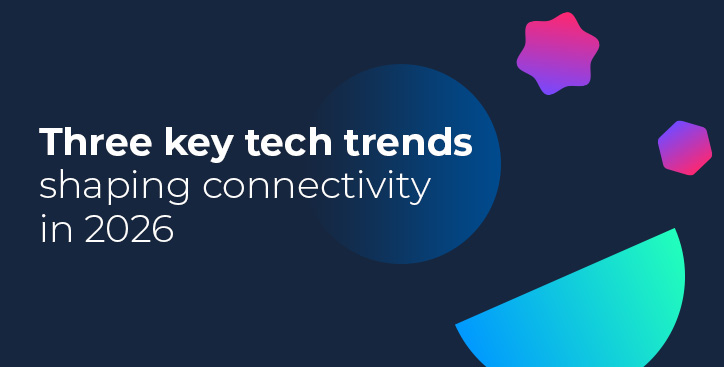

.jpg)
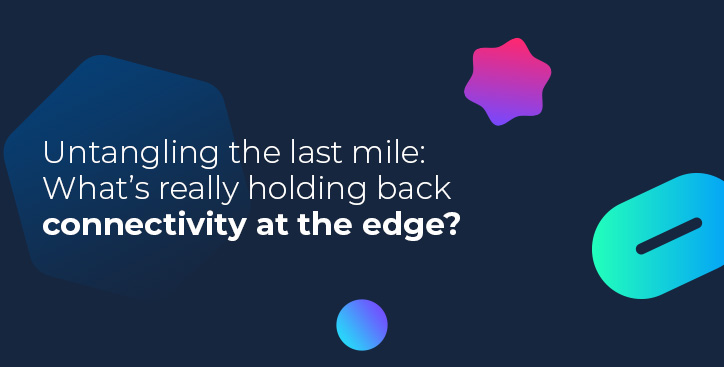
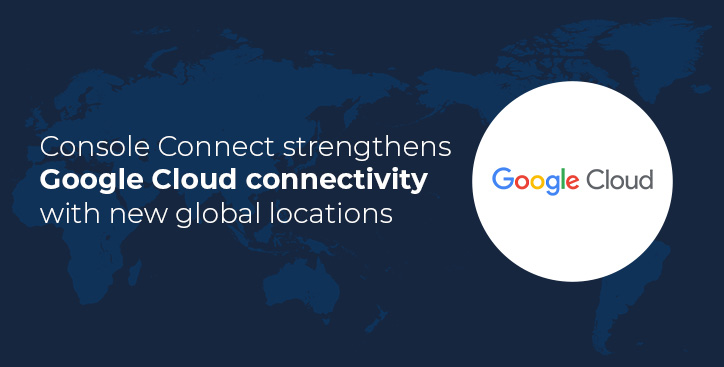
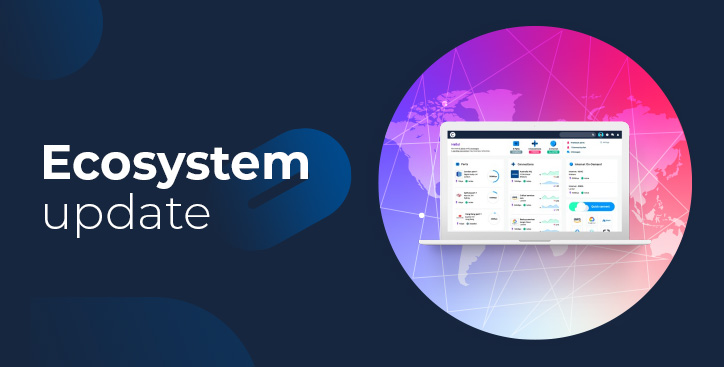
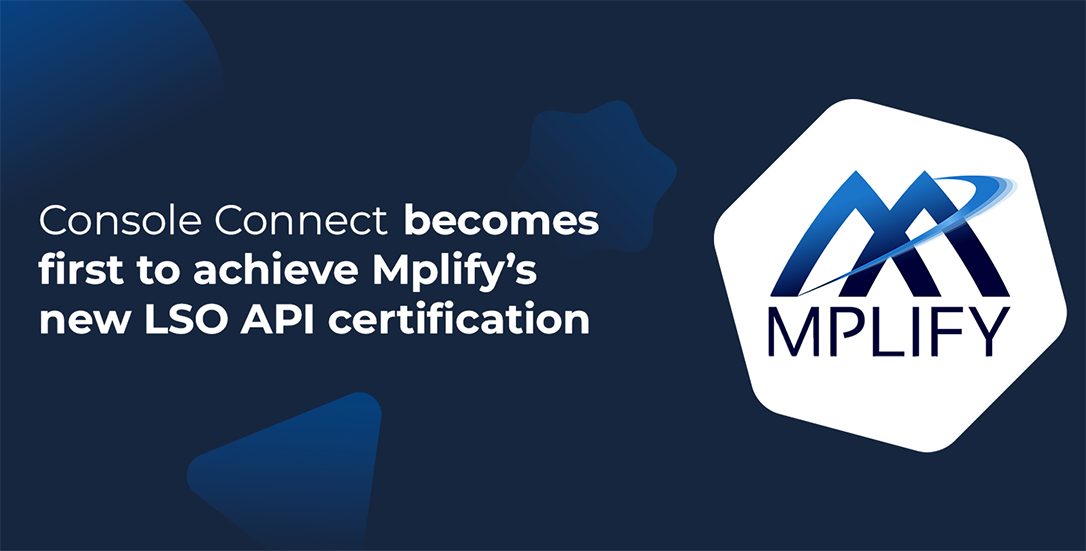

.jpg)